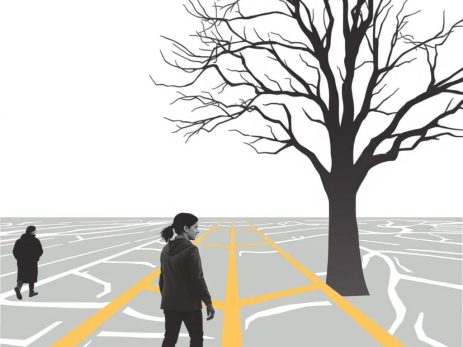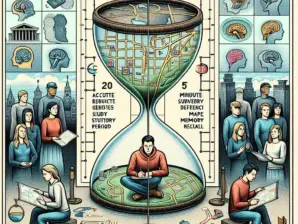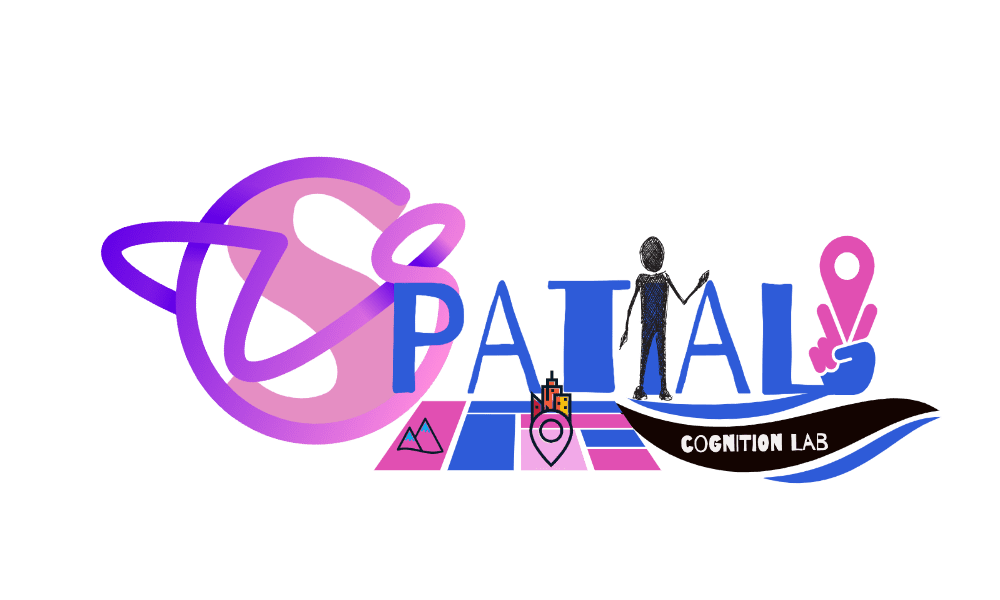It is now online the article: Dual Assessment of Developmental Topographical Disorientation: Comparing Self-Reported Measures with Actual Navigational Performance by Alessia Bonavita, Sofia Pepe, Raffaella Nori, Massimiliano Palmiero, Cecilia Guariglia and Laura Piccardi, published in Brain Sciences.
This article seeks to (i) evaluate the effectiveness of the Familiarity and Spatial Cognitive Style Scale (FSCS) and the short Computerized Ecological Navigational Battery (LBS) in predicting navigational performance by comparing self-reported scores with actual results; (ii) investigate the FSCS’s potential as a screening tool for Developmental Topographical Disorientation (DTD), which affects about 3% of youth, focusing on early detection; and (iii) examine gender differences in self-reported data versus real-world performance to understand how stereotypes affect self-assessment. The study involved 185 college students (125 female), aged 18–35 years, who completed the FSCS and performed navigation tasks using a new version of the LBS.
Participants’ performances were analysed using MAD-based z-scores to identify potential DTD cases, with scores below the fifth percentile flagged for further investigation. The relationship between self-reported abilities and actual performance was assessed through correlation analyses and robust linear regressions. The SOD subscale of FSCS emerged as a comprehensive predictor of navigation performance, correlating significantly with accuracy across multiple tasks. The study identified a 5.42% prevalence of DTD using FSCS criteria, aligning with previous research, while LBS identified 11.96% of participants with navigational difficulties. Gender differences were observed in Survey Knowledge and Landmark Ordering tasks, with males showing higher performances. Only two participants were flagged as DTD cases by both assessment methods, suggesting they may evaluate distinct aspects of navigational ability. The findings validate FSCS as an initial screening tool for DTD while highlighting the need for comprehensive assessment using multiple tools. The study suggests the existence of at least two distinct forms of DTD: one affecting navigational memory (detectable by both FSCS and LBS) and another impacting perceptual navigation aspects (more readily identified by LBS). These results emphasise the importance of developing a detailed DTD taxonomy and implementing personalised interventions based on specific navigational challenges.






